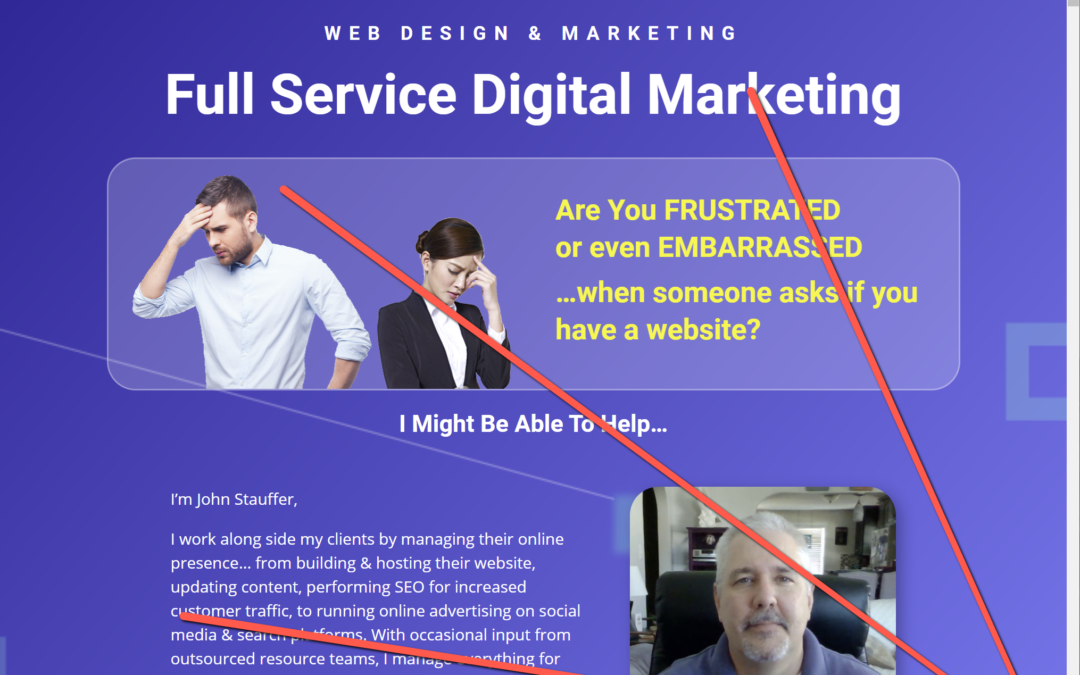Website ADA compliance lawsuits are on an intense rise… 200% year over year, with reports of 10’s of thousands of demand letters and lawsuits, targeting businesses of all sizes. At first, only the largest of enterprises and government institutions were legally pressured to become accessible, which makes sense.
One of the most significant shifts in the legal climate was when the DOJ in the end of 2018 officially affirmed that all websites are considered public accommodations and therefore must comply with title 3 of the ADA. Many did not think for a second that it would ever happen to them, but that was not the case at all. In fact, 2019 ended up tripling 2018 in the number of papers served. This means that for every business hour in 2019, a business was served for not being web accessible. You will also find that in almost every situation, the plaintiff wins the case on its merits because it’s a strict liability law and judges are often understandably sympathetic to people with disabilities who really only want equal rights. There is virtually no chance of winning an ADA case when you’re not compliant. The lawyers simply advise their clients to write a check since there is no point in fighting it.
A quick example of what’s going on as well: A visually impaired woman from Broward County, Florida sued 175 business owners several of which closed down as a result. Now in the 2020 Covid era, we’re seeing those in quarantine have less access to physical locations and amenities, and they are finding more difficulty in accessing the web for essential services.
After discussing this issue with your business’s industry consultants and your business attorney, I strongly recommend a new automated, ongoing subscription-based solution that we started offering which provides advanced on-site tools for accessibility along with compliance statements.
You can see an example on https://flashavenue.com/ (please see screenshot)…


Recent Comments